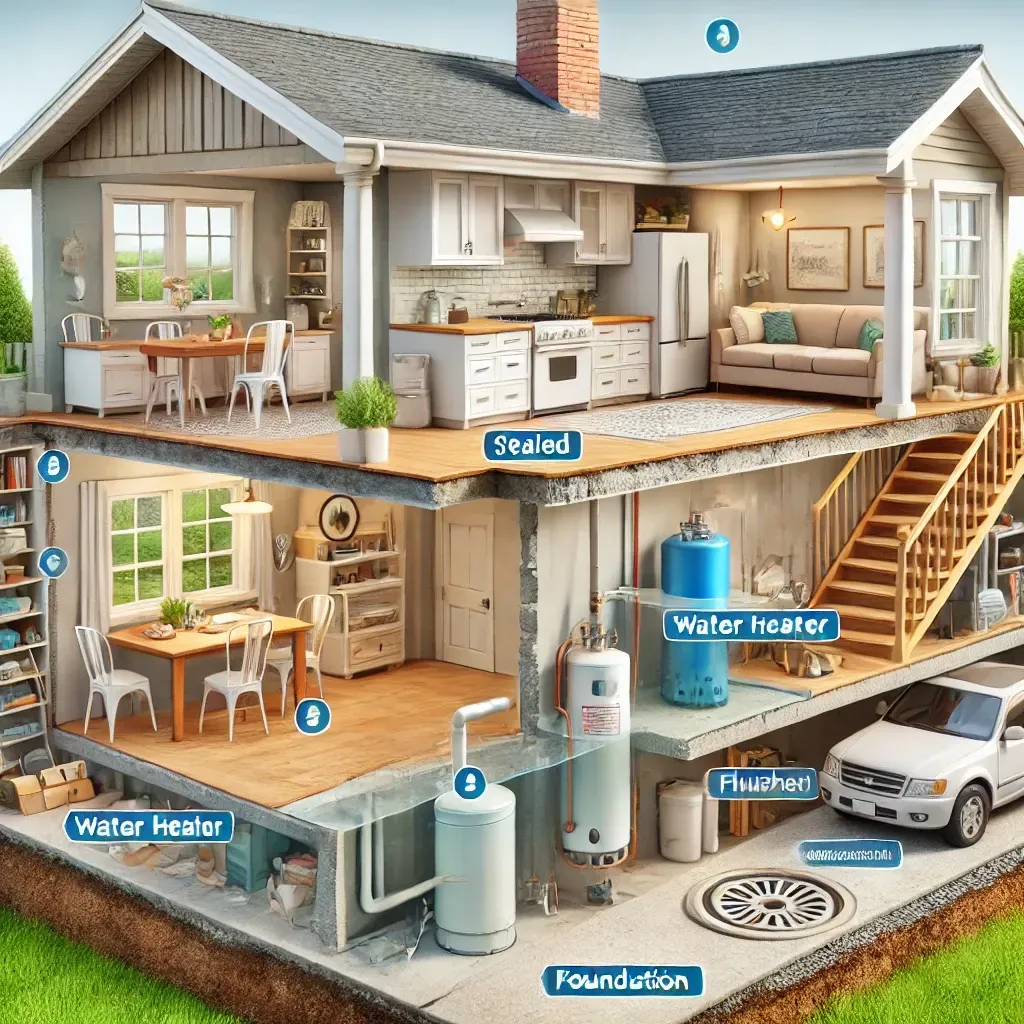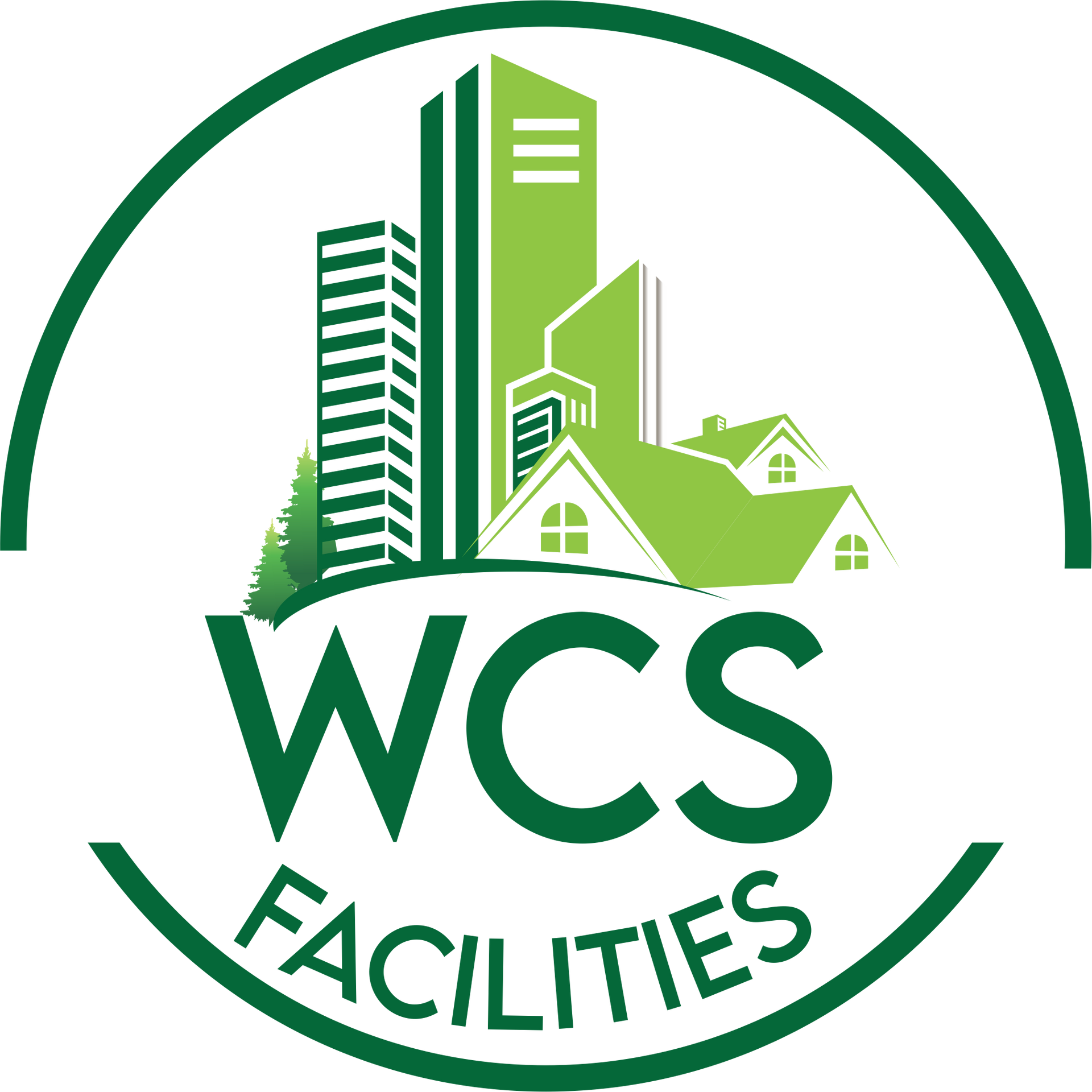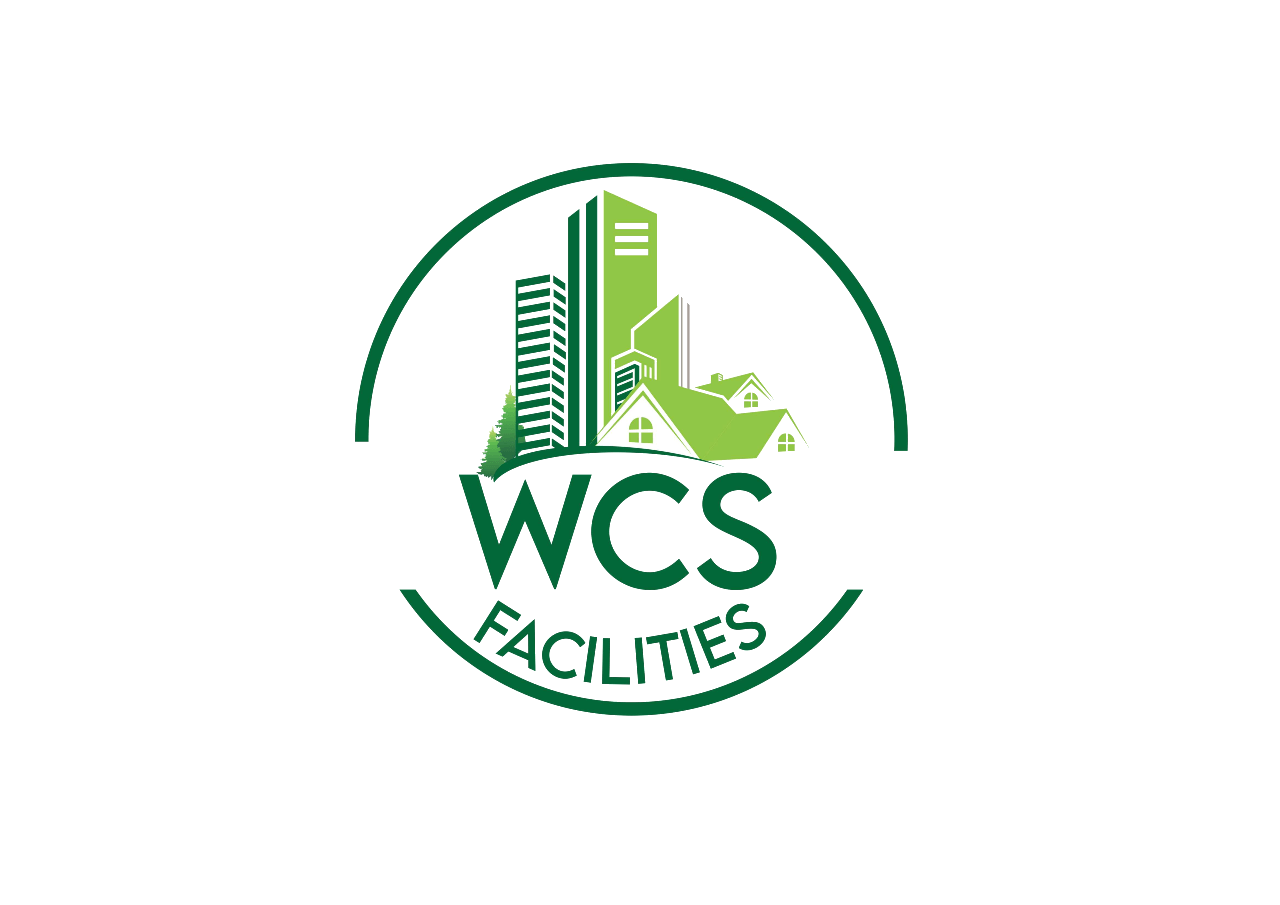What Is Included In Facilities Management?
Managing Facilities
The specific activities and tasks that are included in facilities management can vary depending on the needs of the organization. However, some common responsibilities of facility managers include:
- Maintenance and Repair: Facility managers are responsible for ensuring that the organization's facilities are well-maintained and in good working order. This may involve coordinating with vendors and contractors to perform regular maintenance and repairs, as well as responding to emergency repair needs.
- Cleaning and Sanitation: Facility managers are responsible for implementing policies and procedures to keep the organization's facilities clean and sanitary. This may include hiring cleaning staff, coordinating with vendors for specialized cleaning services, and implementing policies for employee and visitor hygiene.
- Security and Safety: Facility managers are responsible for implementing policies and procedures to keep employees, customers, and other stakeholders safe while on the organization's premises. This may involve coordinating with security staff, implementing security systems and protocols, and conducting regular safety audits.
- Energy Management: Facility managers are often tasked with implementing strategies to reduce the organization's energy usage and costs. This may involve implementing energy-efficient lighting and heating systems, monitoring energy usage and identifying opportunities for savings, and coordinating with utility providers.
- Vendor and Contractor Management: Facility managers are often responsible for coordinating with vendors and contractors who provide services related to the organization's facilities. This may involve negotiating contracts, managing budgets, and ensuring that vendors and contractors are providing high-quality services.
Overall, facilities management can include a wide range of activities and responsibilities, all of which are focused on ensuring that the organization's facilities are well-maintained, efficient, safe, and sustainable.
Why Facilities Management Is Important?
Facilities management is important for a number of reasons. First, the physical infrastructure of an organization - its buildings, equipment, and other facilities - is a crucial part of its operations and can have a major impact on its success. Effective facility management can help ensure that these assets are well-maintained and efficient, which can save the organization money and improve its overall performance.
Second, facility management is important because it helps ensure the safety and security of the organization's facilities. Facility managers are responsible for implementing policies and procedures to keep employees, customers, and other stakeholders safe, and for protecting the organization's facilities from potential security threats.
Third, facility management is important because of the growing focus on sustainability and environmental responsibility. Facility managers are increasingly being called upon to implement strategies to reduce the organization's environmental footprint, such as energy-efficient lighting and heating systems, and to improve its overall sustainability.
Overall, facility management is important because it plays a critical role in ensuring the effectiveness and efficiency of the organization's physical assets, and in keeping employees, customers, and other stakeholders safe and secure.
What Do Facility Managers Do?
The specific tasks and responsibilities of facility managers can vary depending on the needs of the organization, but some common responsibilities include:
- Developing and implementing policies and procedures related to the organization's facilities.
- Managing budgets and coordinating with vendors and contractors who provide services related to the organization's facilities.
- Monitoring the condition of the organization's facilities and coordinating repairs and maintenance as needed.
- Implementing strategies to reduce the organization's energy usage and costs, and to improve its overall sustainability.
- Ensuring the safety and security of the organization's facilities, and implementing policies and procedures to keep employees, customers, and other stakeholders safe.
Overall, the responsibilities of facility managers are focused on ensuring that the organization's facilities are well-maintained, efficient, safe, and sustainable and that they support the organization's overall goals and objectives.
You might also like




